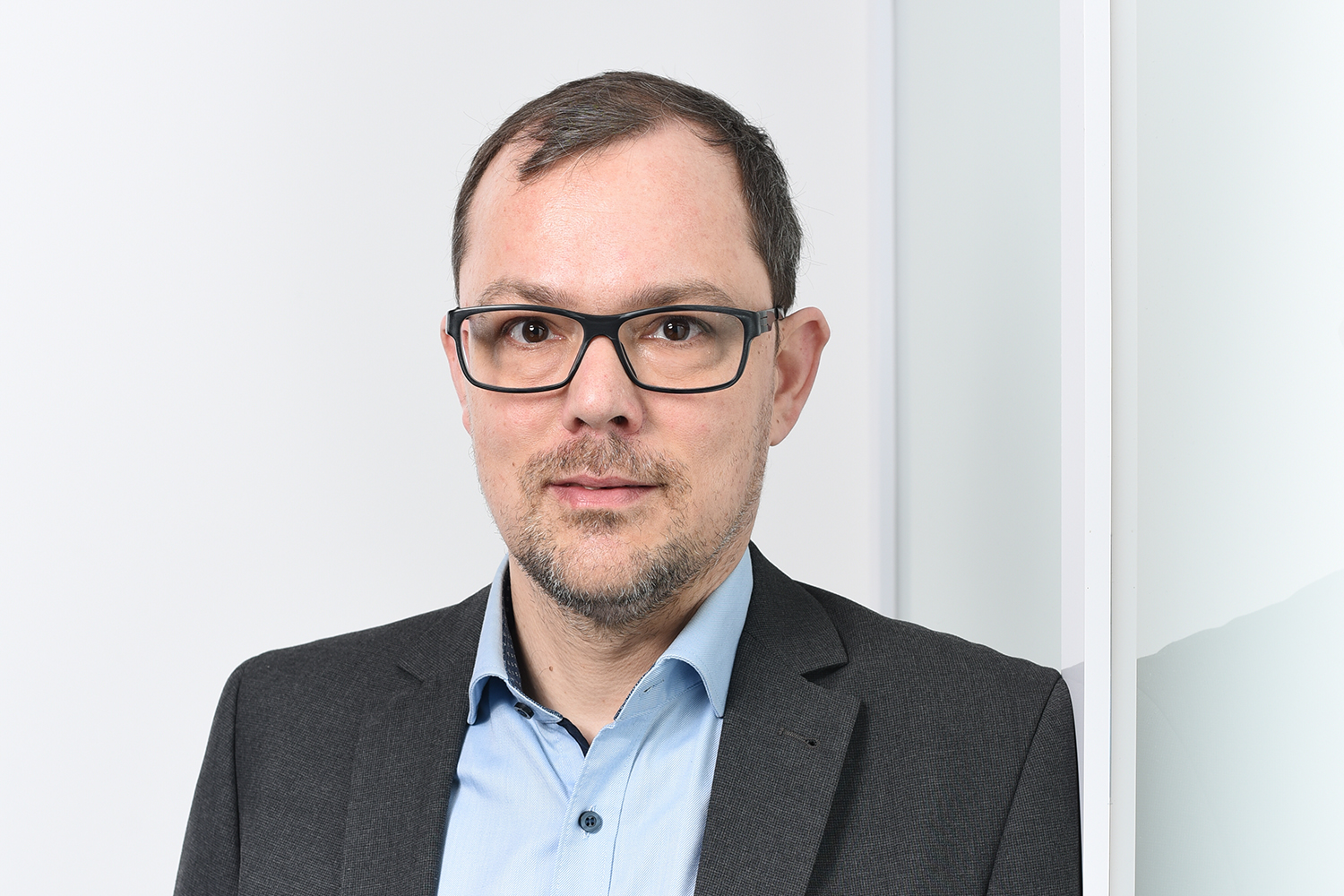Talking about feelings for a better vocabulary Researchers at TU Braunschweig develop in-service training for teachers
Only those who have mastered the language can keep up in class. But how can the language development of children learning German as a second language be improved? Can language support be integrated in the classroom or in after-school care? Researchers from Braunschweig, Lüneburg and Kassel are investigating this and offering in-service training for primary school teachers. The focus is on talking about feelings.
In the project “Fühlen – Denken – Sprechen in der Grundschule” (Feeling – Thinking – Speaking in Primary School), the researchers are developing training materials for primary school teachers and professionals in after-school care. Here, language education is integrated into everyday life and provides children with repeated learning opportunities. Dr Oliver Hormann from the Institute of Educational Sciences at Technische Universität Braunschweig is focusing his research on the use of so-called language development techniques. Teachers and educators use these techniques to give children targeted feedback on incorrect utterances, for example, by casually correcting or completing the pupils’ utterances.

Dr Oliver Hormann from the Institute of Educational Sciences at TU Braunschweig. Photo credit: Oliver Hormann/TU Braunschweig
In the training, the participants will not only learn how to teach the children language rules. Wherever possible, they should embed language learning in conversations about feelings. “From a linguistic point of view, conversations in which children express their emotions often require more complex sentences and a more multi-layered vocabulary than everyday conversations,” explains Dr Hormann, giving an example: “I think you’re grumpy today because I didn’t call you yesterday.” Talking about emotions can thus train those complex linguistic skills that children need to participate successfully in class. “We are talking about academic language here,” says Professor Katja Koch, project manager at the Braunschweig site. “Supporting the acquisition of academic language is especially important for children with a non-German first language, who often need to catch up in this area.”
Better conflict resolution
Talking about feelings is not only important for language development, but also for building up emotional knowledge. This refers to the ability to recognise and understand one’s own emotional states and those of other people. The knowledge of emotions is also related to the ability to regulate emotions. The more the children talk about their feelings in class, according to the approach of the training, the better they will be able to discuss and solve conflicts together.
The first successes were already evident in the previous project “Fühlen – Denken – Sprechen – alltagsintegrierte Sprachförderung in Kindertageseinrichtungen” (Feeling – Thinking – Speaking – Language Development Integrated into Everyday Life in Day Care Facilities). Maria von Salisch, Professor of Developmental Psychology at the Leuphana University of Lüneburg, summarises: “Our results show that the children’s language skills have improved significantly, for example in sentence comprehension, morphological rule formation and sentence memory. These areas are very important, especially for academic language.”
TU Braunschweig is currently looking for more primary schools to take part in the project. Those interested are welcome to contact Dr. Oliver Hormann (oliver.hormann@tu-braunschweig.de) by email.
Project data
The research project “Fühlen Denken Sprechen in der Grundschule” (Feeling Thinking Speaking in Primary School) is funded by the Federal Ministry of Education and Research as part of the call for proposals “Sprachliche Bildung in der Einwanderungsgesellschaft” (Language Education in an Immigration Society) with around 190,000 euros for a period of three years in Braunschweig alone. The participating institutions are TU Braunschweig (Prof. Katja Koch and Dr. Oliver Hormann), Leuphana University Lüneburg (Prof. Maria von Salisch and Dr. Katharina Voltmer) and the University of Kassel (Prof. Miriam Langlotz and Roberta Enzmann).
